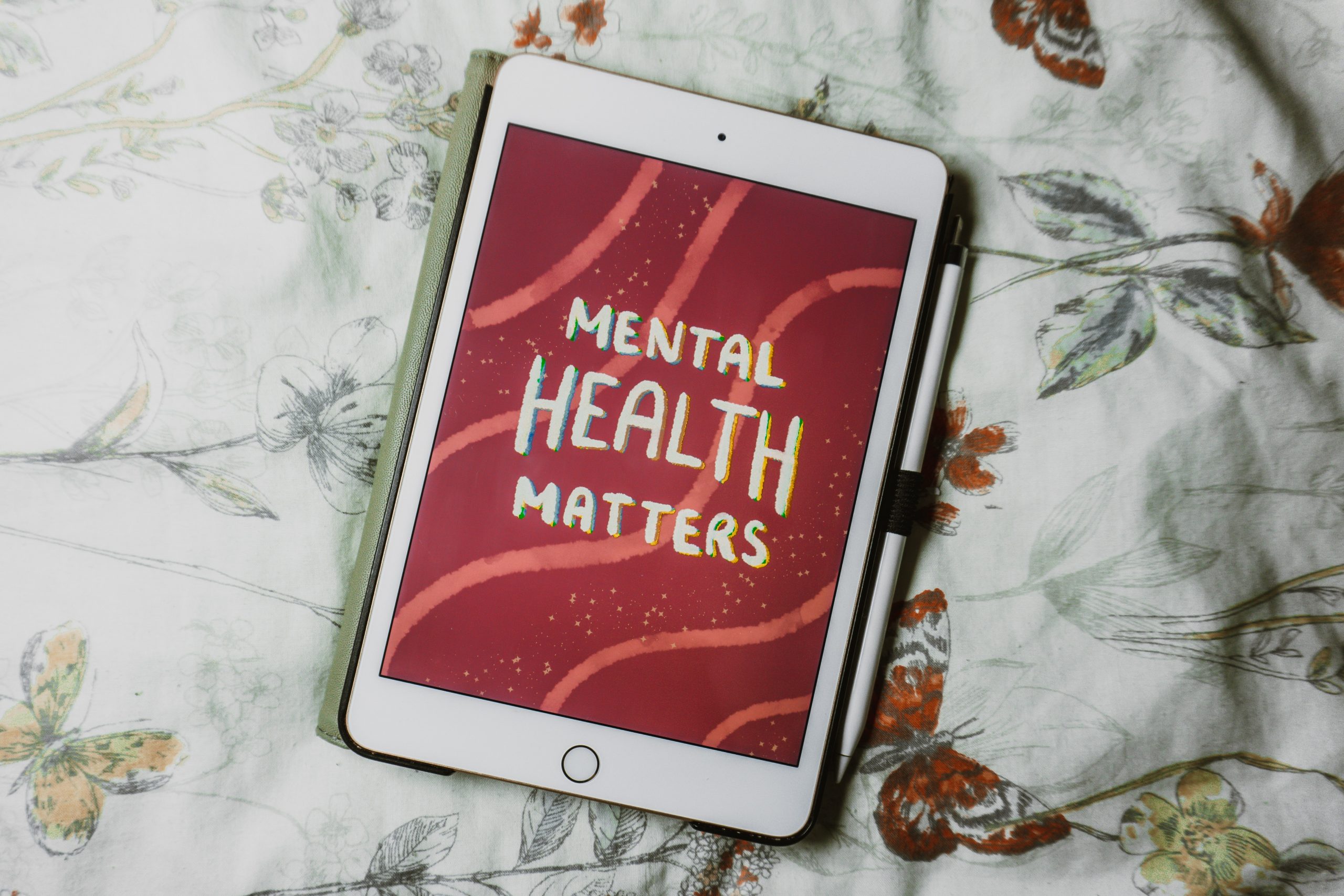A study of 2,200 UK employees, who have access to health at work benefits, has found that less than one in ten are currently seeking support for their mental health despite more than half (52%) experiencing symptoms of depression with 25% experiencing ‘clinically significant’ symptoms.
Additionally, 60% of employees reported Musculo skeletal pain yet two thirds of these hadn’t seen a specialist, despite one in five reporting pain was affecting their productivity at work.
The study* gives an insight into the mental health and wellbeing of the country’s working population between April 2020 and December 2021.
The data also highlights the difference between men and women’s willingness to seek help with mental health issues. More than 60% of women reported struggling with anxiety and depression, compared with just 38% of men. Yet of those reporting seeking help, 74% were women and just 25% were men.
We would expect more male employees to receive support if help-seeking help behaviour was the same. This suggests that male employees are still finding it difficult to reach out for help and talk about their mental health, even when their struggling. So, organisations should continue to focus on opening up the conversation around male mental health and make the support that is available visible, accessible and stigma-free.
This is emphasised by our annual report findings around suicide and self harm. An extremely worrying 1 in 12 (or 8%) of employees reported currently experiencing thoughts of suicide or self-harm. While these were split virtually equally between male and female, only 25% of men reported that they were seeking help compared to 46% of women.
As leaders, managers and colleagues we all have a role in preventing cases of suicide. Even though more women are seeking help when dealing with thoughts of suicide or self-harm our data shows that a massive 54% of women still aren’t.
Having personally experienced the loss of a friend and mentor following a short period of stress, I would urge all business leaders to train their teams in mental health, embed wellbeing into every employee survey, make wellbeing a board level KPI, and get every director to sign a pledge supporting employee mental health.
The data really is a wake-up call to organisations that it’s not enough to have employee health benefits in place, both mental and physical. It is absolutely vital to ensure they’re effectively communicated to employees, not just once when they join but through continual touch-points.
*Champion Health









